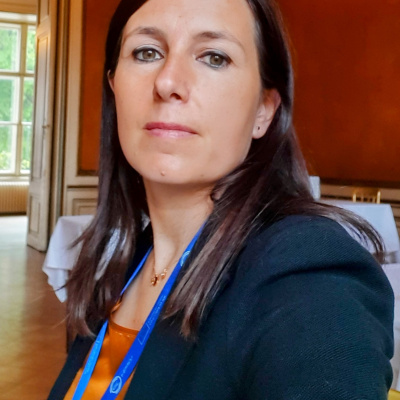

Enza Torino gained a Ph.D. in Chemical Engineering on the development of novel technologies for the production of nanoparticles for nanomedicine. Lifetime goal of her research interests has always been obtaining nanostructures and exploiting their fascinating properties using thermodynamics. She spent part of her Ph.D as at University of Texas at Austin – Texas (USA), to research emulsion and microemulsion formation for pharmaceutical products to study how nanoparticles can be modified using surfactants to enhance their delivery properties in a biological environment. After her Ph.D., she worked as Guest Scientist at the “School in Advanced Optical Technologies” (SAOT) established at the University of Erlangen-Nuremberg - Department of Chemical and Bioengineering, within the framework of the Excellence Initiative of the German Federal and State Governments. Here, she studied the mechanism involved in drug-polymer nanoprecipitation using on situ laser diagnostic technique and the manipulation of pharmaceutical emulsions to produce nanospheres or nanocapsules by Microfluidics. From 2010 to 2016, she worked as Post Doc Researcher at Fondazione Istituto Italiano di Tecnologia in the Theranostic Engineered Nanoshuttle (TeNs) Platform, where she designed novel polymer-based engineered nanostructures for in vivo application in diagnosis and therapy of several pathologies. She is currently Associate Professor in Bioengineering at the University of Naples “Federico II” at the Department of Chemical, Materials and Production Engineering on the design of multimodal imaging nanoparticles for theranostics and she teaches “Diagnostic Devices and Drug Delivery” in the framework of the International Master Degree in Industrial Bioengineering. She is also leading 3 spin-off and start-up projects in Life Sciences based on patented technologies. Currently, Enza Torino is also involved as a Principal Investigator in several projects to develop theranostic systems for the nanobiotechnology field and in several national and international collaborations with industrial and academics partners.